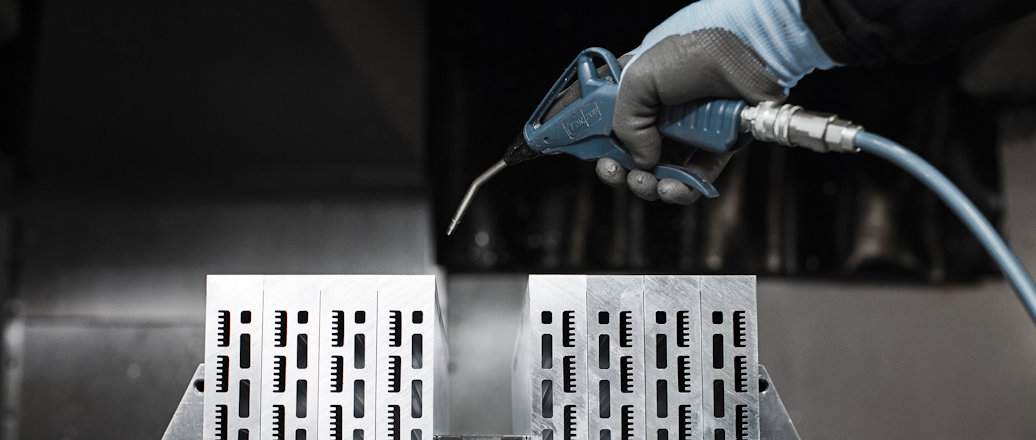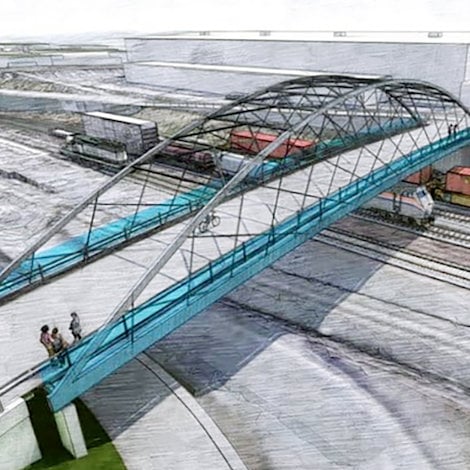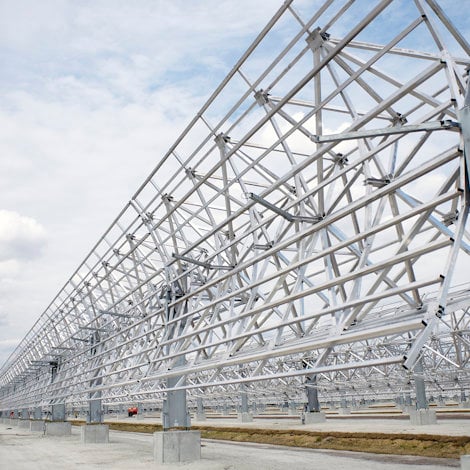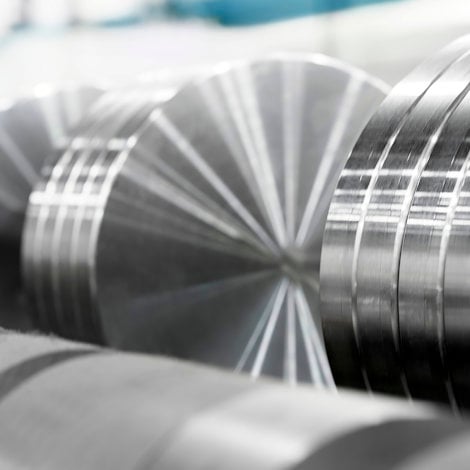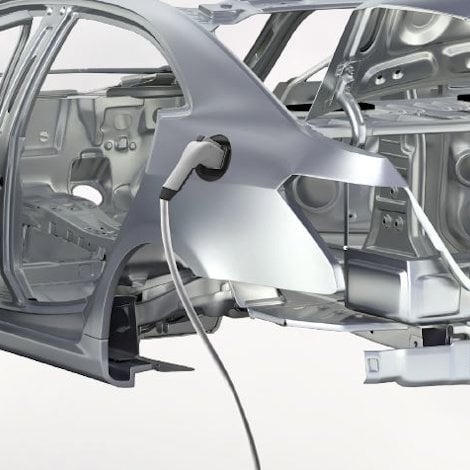Using dry machining to reduce aluminium's carbon footprint
Aluminium is the metal of the future with unique properties and endless application and design possibilities. But it still has a carbon footprint, like every other material, and when you fabricate the metal, the footprint grows. Now we can reduce this footprint with dry machining.
Aluminium is a key building block for a more climate-friendly circular economy. Nevertheless, we are also aware of the challenges involved in making the entire value chain of the light metal more sustainable. And we need to be aware of these challenges, because the continuous reduction of the footprint of aluminium production and aluminium products is an ethical responsibility.
In manufacturing plants, we can start by questioning the resource requirements of the various processes, the type and origin of the operating materials used, their impact on the environment and their recyclability. The avoidance of operating materials is a great step toward sustainability.
And one way in which we can reduce the footprint of aluminium products is through dry machining. This means no longer using oil nor drinking water and lubricants in machining centers, with the aim of eliminating them throughout the machine area.
Essential lubrication of moving parts
In a civilization that depends on machines, materials that lubricate moving parts have been considered essential. People have been using lubricants for thousands of years to improve production processes where friction causes wear. We started with prehistoric lubricants such as sludge, liquids from tree trunks and crushed reed, or wood and stones for the construction of buildings. We then moved to animal fats, fatty and oily substances from animal and vegetable oils, and whale oils.
The rise of the oil industry brought us petroleum-based lubricants. Synthetic liquid lubricants followed.
The problem is that petroleum-based lubricants pollute the environment and water directly and indirectly through the production, processing and emissions of the substances.
 Traditional machining, with lubricants
Traditional machining, with lubricants
 Dry machining
Dry machining
Avoiding the use of oil and lubricants in mechanical processing
Lubricants have always been used in mechanical processing – milling, drilling, sawing, punching. On one hand, in the form of cooling lubricants to dissipate heat, and on the other, oils to reduce friction and wear.
Aluminium profiles are traditionally machined in mechanical centers using CNC machines with cooling lubricants and lubricating oils in a minimum quantity lubrication system. Some companies machine their semi-finished aluminium products partially in a dry state, but there aren’t many.
In our machining centers, we have decided to carry out milling without cooling lubricants and oils, and other machining steps will follow. We call this dry machining. The key is in the tools: special geometry for chip removal and tailor-made material selection are required.
The main advantages of dry machining aluminium profiles:
- No use of oil nor drinking water (lubricants are 10% oil and 90% drinking water)
- No environmental pollution caused by the emission of lubricants and no resource-consuming preparation of lubricants after use
- Washing the extrusions is not necessary: The profiles are clean after blowing with compressed air and can be packed directly – again saving on drinking water
- Eliminating the cooling lubricant has positive effects on product quality: a lower risk of corrosion, reduced burr formation on the profile and no chip adhesion
- Waste is reduced. This means no more used coolant disposals, no more cooling lubricant residues on the profile and no more residues on the packaging material, which also means that packaging materials can be re-used
- Improved working environment in production: no health hazards from lubricant-containing aerosols in the hall and a clean workplace for improved safety
Complex machining processes without lubrication still challenging
Transitioning to dry machining is not simple, but it is attainable. Yes, there are issues, for instance with complex machining processes where realization without lubrication is demanding. Both thread cutting and deep blind holes drilling are not yet feasible without oil.
Regardless of the approach you take when considering this option for your processes, you need to realize that doing away with coolants and lubricants in machining is an important step toward sustainability.

